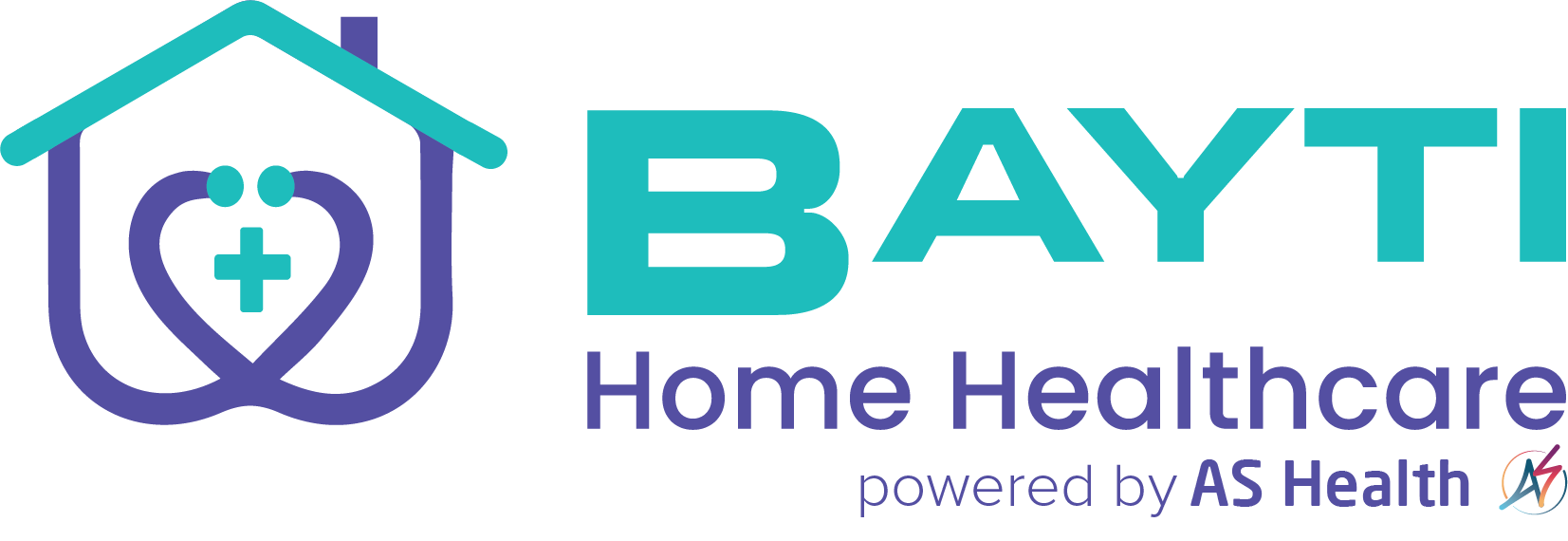Introduction
Chronic pain affects millions of people worldwide, impacting their daily activities, emotional well-being, and overall quality of life. Conditions like fibromyalgia, arthritis, migraines, and neuropathy require long-term management and a multi-faceted approach to care. Patient support programs play a critical role in providing patients with the guidance, education, and emotional support needed to manage chronic pain effectively.
Pain management is not just about medication—it involves a combination of treatment strategies, lifestyle modifications, and mental health support. Let’s explore how the best patient support programs help individuals cope with chronic pain and regain control of their lives.
How Patient Support Programs Assist in Pain Management
1. Comprehensive Pain Assessment and Treatment Plans
Effective pain management starts with a thorough assessment of the patient’s condition. Patient support programs assist by:
- Helping patients track pain levels and triggers.
- Coordinating care between pain specialists, physical therapists, and primary care physicians.
- Developing personalized pain management plans tailored to the individual’s condition.
By taking a structured approach, these programs ensure patients receive the right treatments and interventions.
2. Medication Management and Alternative Therapies
While medications can provide relief, they must be used carefully to avoid dependence or side effects. Best patient support programs offer:
- Guidance on safe and effective medication use.
- Education on non-opioid pain relief alternatives.
- Support for integrating alternative therapies like acupuncture, massage, or physical therapy.
Patients receive well-rounded treatment strategies that help them manage pain while maintaining their overall health.
3. Emotional and Psychological Support
Chronic pain can lead to anxiety, depression, and feelings of isolation. Support patient services include:
- Access to licensed counselors who help patients manage the emotional toll of chronic pain.
- Support groups where individuals can connect with others who understand their struggles.
- Mindfulness techniques and cognitive behavioral therapy (CBT) to reduce pain-related stress.
By addressing mental health alongside physical pain, these programs promote holistic healing.
4. Physical Therapy and Rehabilitation Support
Many chronic pain conditions benefit from movement and structured physical therapy. Patient support programs assist by:
- Providing access to rehabilitation specialists.
- Offering tailored exercise routines to improve mobility and strength.
- Educating patients on proper posture and movement techniques to prevent pain flare-ups.
These services help patients stay active while minimizing discomfort.
5. Lifestyle Modifications and Pain Reduction Strategies
Daily habits can influence pain levels, and the right lifestyle changes can make a significant difference. The best patient support programs focus on:
- Nutritional counseling to reduce inflammation and promote overall health.
- Sleep hygiene coaching to improve rest and reduce pain sensitivity.
- Stress management techniques, such as meditation and breathing exercises, to ease tension-related pain.
These changes empower patients to take an active role in their pain management journey.
6. Caregiver Support and Family Involvement
Patients with chronic pain often rely on caregivers for assistance. Patient support programs extend resources to families by:
- Educating caregivers on how to support a loved one with chronic pain.
- Offering counseling for caregivers to prevent burnout.
- Encouraging family involvement in pain management strategies.
A strong support system enhances the patient’s ability to cope with pain and maintain a better quality of life.
Conclusion
Living with chronic pain can be challenging, but patient support programs provide the tools and guidance needed to help individuals manage their condition effectively. By offering medical support, mental health resources, lifestyle adjustments, and caregiver education, these programs empower patients to lead more comfortable and fulfilling lives.
If you or a loved one is struggling with chronic pain, enrolling in the best patient support programs can provide the necessary support for long-term relief and improved well-being.


